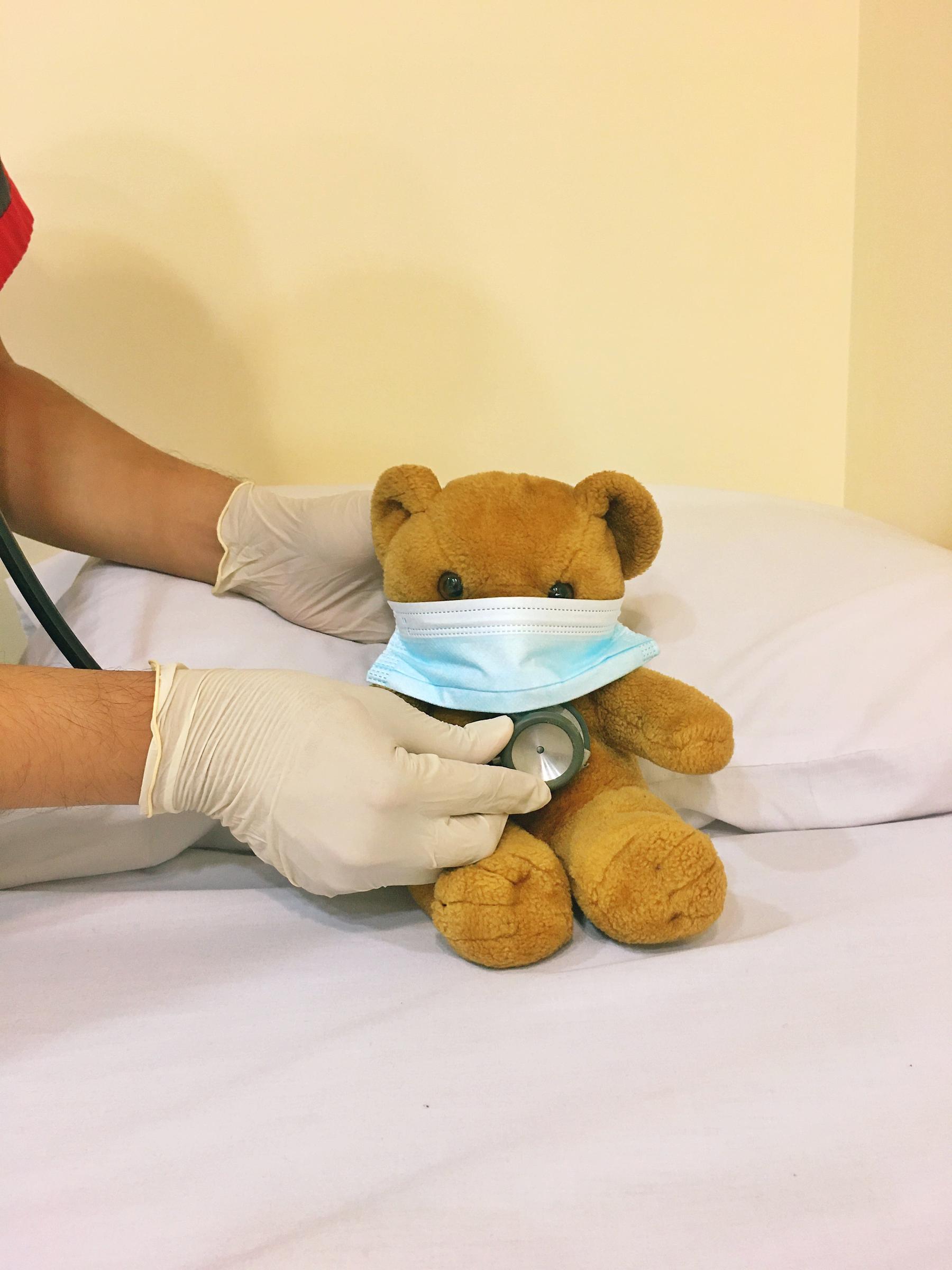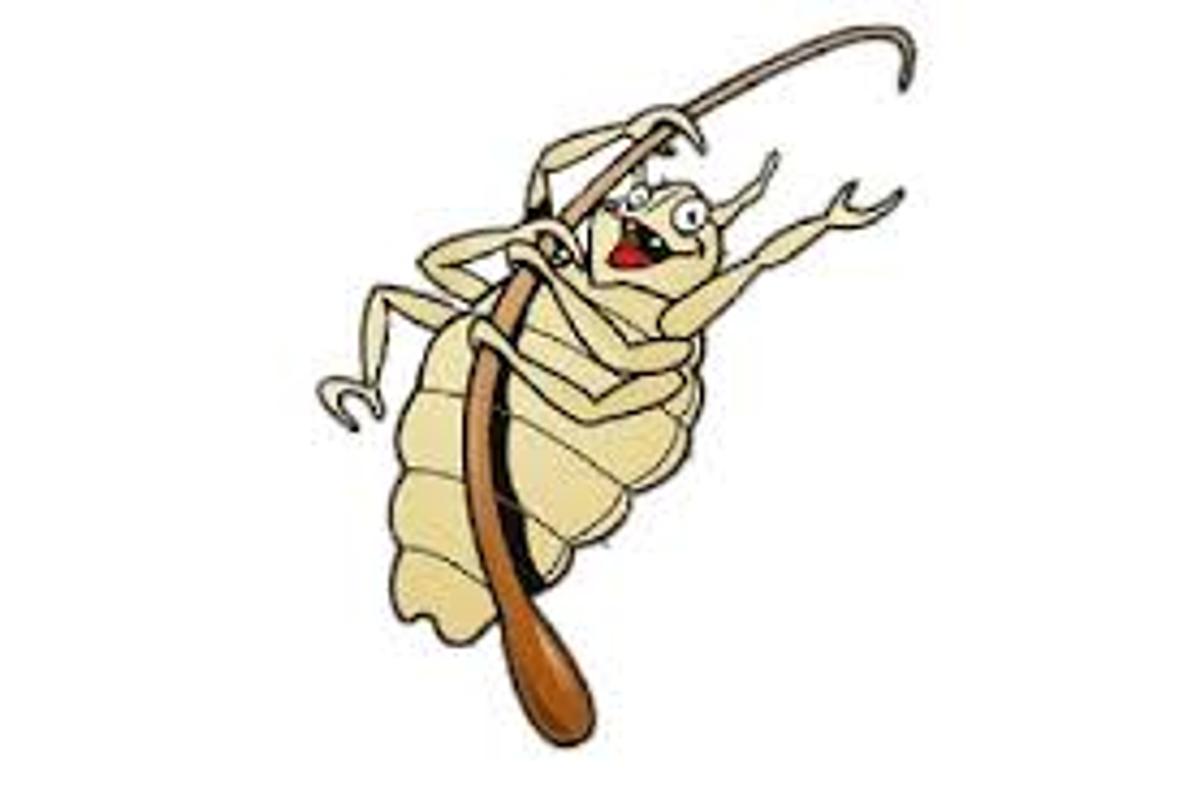Health Centre

They’re Back ……
Dear Parents/Guardians/Carers,
It has come to our attention that some students in the Primary and Secondary school may have head lice and we seek your cooperation in checking your child’s hair and if needed, treating your child this evening.
Head lice do not transmit infectious diseases – they are transmitted by having head-to-head contact with someone who has head lice. You may be reassured to know that head lice are commonly found in places other than at Seymour College. Head lice are common in school-aged children and are the most adaptable of creatures. They have survived living solely on humans for 10,000 years!!!!
What can you do?
We seek your cooperation in checking your child’s hair and in those instances where head lice or eggs are found, treating your child’s hair.
Please see the attached pamphlet Treating and Controlling Head Lice, from the Department of Human Services. This pamphlet has informative guidelines regarding detecting and treating head lice and eggs.
How do I treat my child for head lice?
The attached pamphlet (as noted above) has informative guidelines regarding detecting and treating head lice and eggs. Please don’t hesitate to contact Kirsty, Kristy or Brooke our School Nurses on, 03 5771 1300 for further information.
If head lice or eggs are found on your child’s hair you need to inform:
- the school and advise when the treatment started.
- parents or carers of your child’s friends, so they too can detect and treat their children if necessary.
When can my child return to school?
Health regulations requires that where a child has head lice, that child should not return to school until the day after appropriate treatment has started. Please note, this refers only to those children who have live head lice and does not refer to head lice eggs.
Seymour College is aware that head lice can be a sensitive issue and is committed to maintaining your confidentiality.
Whooping cough is currently in the Mitchell Shire region
Signs and symptoms of whooping cough
Whooping cough usually starts with cold-like symptoms, such as a runny nose and dry cough, which last for about one week. After that, a more definite cough develops, which may last for 10 weeks or more. The cough comes in long spells and often ends with a high-pitched 'whoop' sound when the child breathes in. Some children cough so much they vomit afterwards. Children are usually well between coughing spells. Babies under six months of age may have pauses in breathing (called apnoeas) instead of a cough. In more severe cases, babies and children may have problems catching their breath after a coughing spell. Other infections such as pneumonia (chest infection) and middle ear infections are common while children have whooping cough.
Laura Hill and Kristy Sawyer
School Nurses

